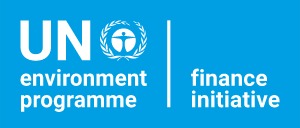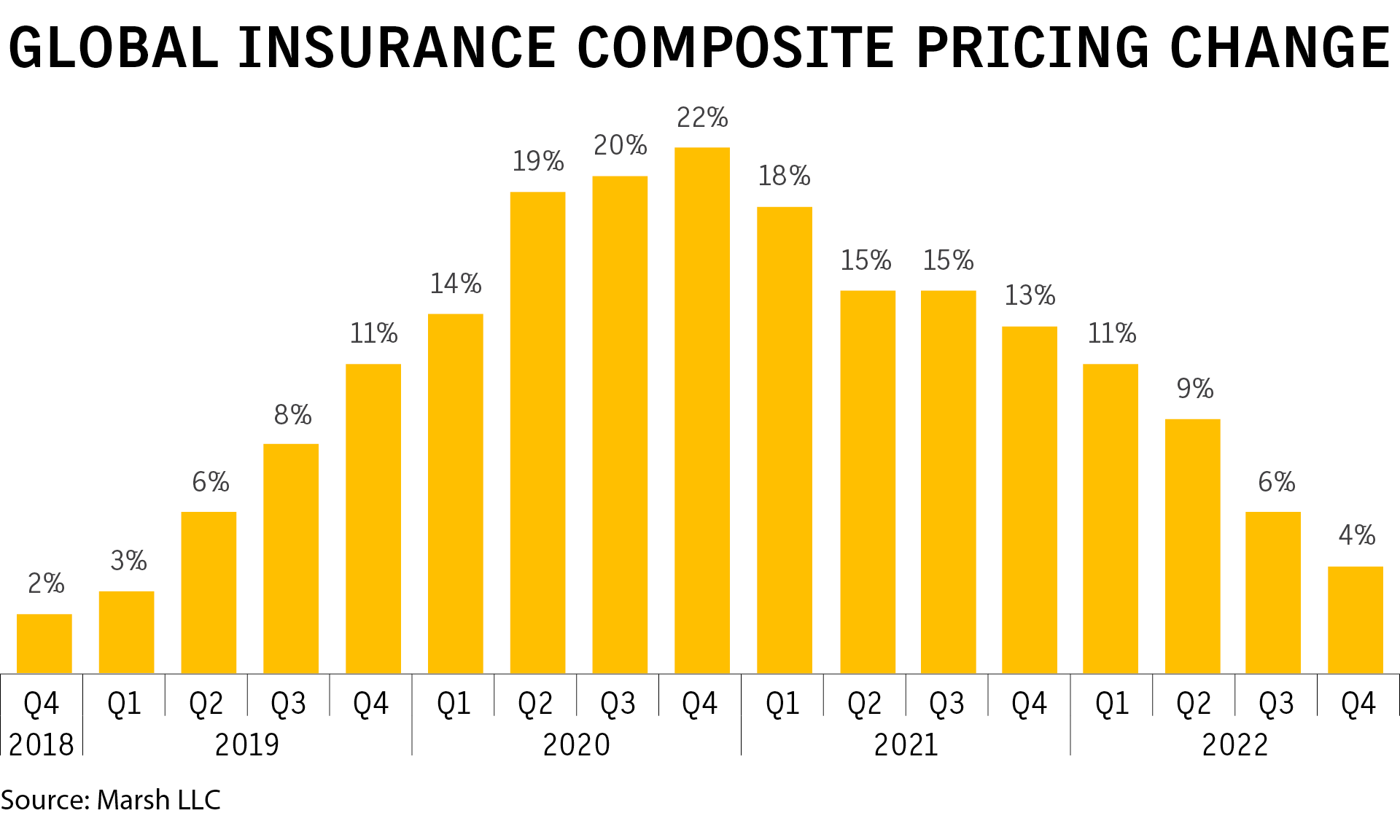In a landmark move to modernize the insurance sector, Egypt’s Financial Regulatory Authority (FRA) has introduced sweeping reforms governing insurance and reinsurance brokerage activities. Rolled out under the Unified Insurance Law of 2024, these changes aim to boost transparency, accountability, and professionalism across the brokerage value chain.
The updated regulations apply to both individual brokers and corporate entities and set clear standards around licensing, registration, capital requirements, and business conduct. By doing so, the regulatory board is aligning Egypt’s insurance industry more closely with global best practices and strengthening its overall market resilience.
FRA Establishes Five-Year Licensing Periods for Brokers
One of the most notable updates from the Egyptian regulatory board is the introduction of a five-year registration validity for both individuals and brokerage firms. Registrations must be renewed at least three months before expiry, ensuring timely compliance and uninterrupted business operations.
This formalized approach replaces previously ambiguous processes and reflects the board’s commitment to maintaining an up-to-date and qualified registry of insurance intermediaries.
FRA Mandates Digital Registration on Official Platform
To promote digital transformation, the FRA now requires all licensed brokers—whether individuals or companies—to register on its dedicated electronic platform for insurance professionals.
This move improves regulatory oversight and enables streamlined communication between the Egyptian Financial Regulatory Autority board and brokerage entities. It also facilitates public access to broker information, ensuring a more transparent and traceable ecosystem for insurance services in Egypt.
FRA Requires Separate Licenses for Insurance and Reinsurance Brokers
Under the new rules, the regulatory board stipulates that insurance and reinsurance brokerage activities must be handled by separate legal entities, each with its own license. A company can no longer operate in both domains under a single structure or authorization.
This division is intended to eliminate conflicts of interest and allow for more specialized oversight and compliance practices. Existing firms must comply within three years or risk losing approval to operate in either—or both—sectors.
FRA Raises Standards for Board Qualifications and Capital
As part of its regulatory overhaul, the FRA has introduced stricter requirements related to corporate governance and financial health. All brokerage firms must have a qualified board of directors, consisting of professionals who meet specific technical and strategic criteria.
In addition, the board has set a minimum capital requirement of EGP 5 million (approximately $100,270 USD). This measure is intended to bolster market stability, ensure firms are adequately capitalized, and protect clients against potential disruptions such as insolvency.
FRA Requires Timely Reporting of Business Changes
To maintain regulatory visibility, the FRA now mandates that any operational suspension, closure, or major change in a brokerage firm’s business scope must be reported within one week.
This requirement enables the board to keep an accurate and current registry of all active and inactive players, thereby ensuring greater regulatory responsiveness and sector transparency.
FRA Brokerage Rules Form Part of Egypt’s Unified Insurance Law
The brokerage regulations are a critical part of the broader Unified Insurance Law, enacted in 2024. This law consolidates previously scattered legislation into a cohesive legal framework governing life, non-life, reinsurance, takaful, and microinsurance operations.
Through this reform, the board is reinforcing the foundational principles of trust, stability, and transparency—essential elements for attracting investors and modernizing Egypt’s insurance infrastructure.
FRA Regulation to Elevate Professionalism in the Market
The FRA’s updated rules are expected to create a more structured and professional marketplace, filtering out non-compliant or under-capitalized operators. By tightening standards, the FRA is encouraging only serious, well-resourced players to enter and thrive in the market.
For existing brokers, the new regulations represent both a compliance obligation and a growth opportunity. Those who adapt and align with the new standards will be better positioned as credible partners to insurers and customers.
FRA Reform: A Transformational Milestone for Egypt’s Insurance Sector
In conclusion, the FRA’s introduction of new brokerage regulations marks a pivotal moment for the evolution of Egypt’s insurance and reinsurance sectors. With its clear guidelines on licensing terms, board qualifications, digital registration, minimum capital, and operational transparency, the board is laying the groundwork for a more dynamic, secure, and investor-ready financial services sector.
The reform, part of Egypt’s 2024 Unified Insurance Law, signals a future of greater oversight, enhanced public trust, and an insurance market that is ready to compete on a global scale.


